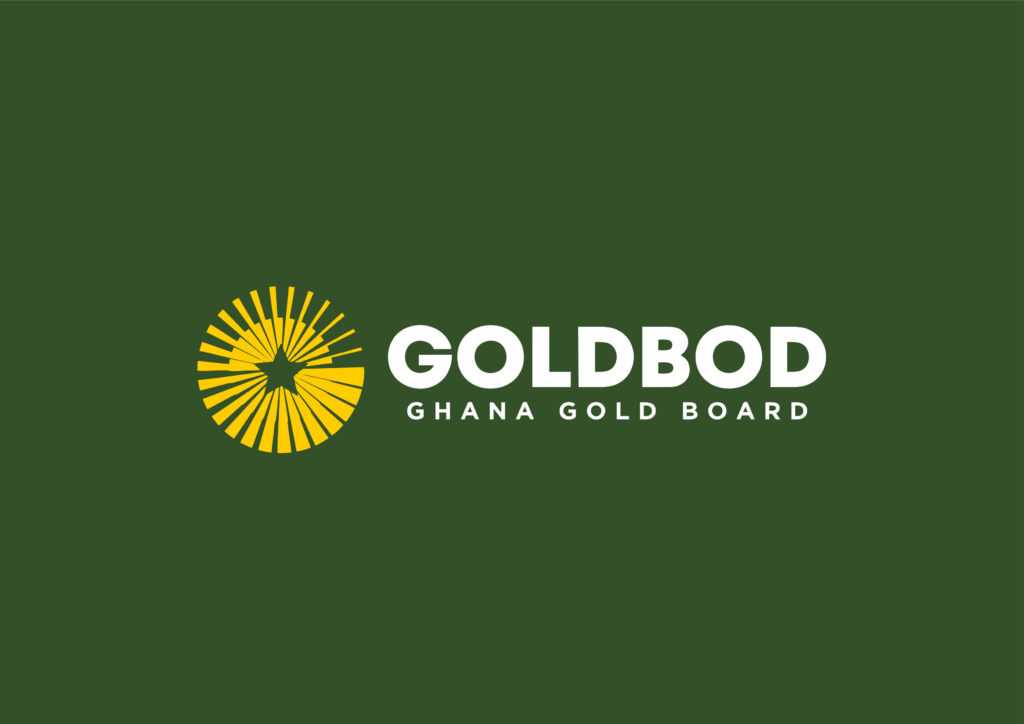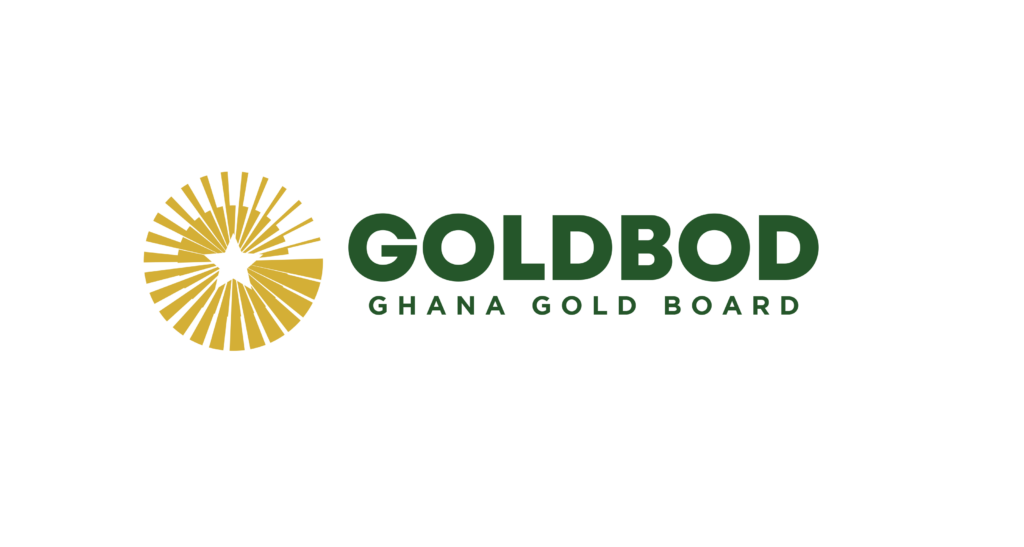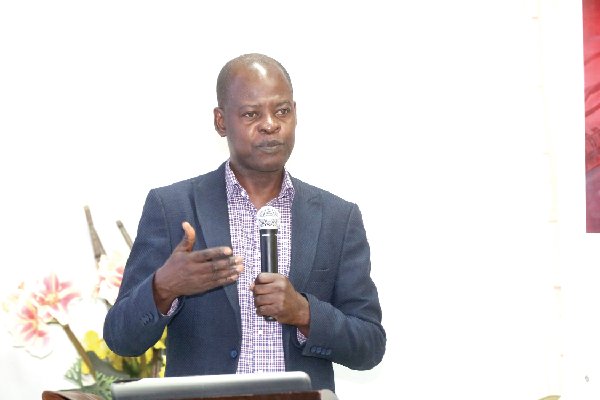As gold rises to new heights, recently reaching US$3,949 per ounce, Ghana finds itself riding a wave of opportunity.
In April 2025 alone, according to the Ghana Gold Board,gold exports reached a historic US$897.6 million, boosting foreign exchange inflows and strengthening the cedi.
At the core of this momentum is the GoldBod (Ghana Gold Board), which is empowered and working to turn a global gold boom into sustainable, broad-based growth.
GoldBod was established under the 2025 Act to centralize Ghana’s gold trade and close loopholes that enabled smuggling and leakage.
Under its mandate, it holds exclusive authority to buy, assay, grade, and export gold from licensed artisanal and small-scale miners.
Its structure and powers aim to ensure that more value accrues domestically, even as global gold prices climb.
Reform in Action
GoldBod is already backing reform with visible action.
It has launched a nationwide traceability system, designed to ensure that each ounce of gold can be traced from source to sale.
It has donated five Toyota pickups and GH¢5 million to support Ghana’s anti-illegal mining task forces, reinforcing its commitment to enforcement.
In a recent statement, Sammy Gyamfi ESQ, the CEO of GoldBod, said, “We are committed to transforming Ghana’s gold trading industry to optimize national benefits through responsible sourcing, value-chain traceability, value addition, and sustainability.”
This is more than signaling. GoldBod has taken steps to suspend licenses, clamp down on rampant smuggling, and enforce stricter compliance.
As of May 1, 2025, some foreign traders have been barred from local gold dealings, with only GoldBod now permitted to lawfully trade artisanal gold.
Why this matters for Recovery:
A. Larger Official Exports + Foreign Exchange Inflows
The spike in gold exports enables the state to stabilize its reserves and mitigate pressure on the cedi. With illegal exports now under tighter control, more foreign exchange flows through official channels, and buffers are in place for macroeconomic stability.
B. Fiscal Leverage
Stronger gold revenues mean more room for public investment, less need for aggressive borrowing or monetary expansion, and a better standing in debt markets.
C. Curbing Galamsey & Environmental Damage
Illegal mining has ravaged rivers, farmland, and ecosystems. With GoldBod enforcing licensed trade and traceability, the hope is that fewer tons slip outside regulation, and less environmental havoc results.
D. Value Retention & Industry Linkages
GoldBod promotes value addition, refining, jewelry manufacturing, and local fabrication, thereby strengthening Ghana’s industrial sector, rather than merely exporting raw metal.
E. Signaling Credibility to Investors
A credible, rule-based gold authority sends a signal to global capital that Ghana is committed to good governance. In boom times, that credibility translation matters.
Risks and Caveats
Gold alone is not a cure-all.
If sudden gold windfalls are mismanaged by government spending, the gains can evaporate. Critics caution that combining regulatory, commercial, and enforcement roles within a single agency can lead to conflicts if not carefully managed.
Also, gold prices are volatile.
Ghana can’t assume perpetual ascent. Also, residual informal actors may still evade oversight, keeping smuggling alive. A heavy dependence on gold alone risks crowding out the need for diversification.
The Verdict
Ghana is on the right path to economic recovery, but it is no coincidence. The timing is ideal, with global gold demand being high, but more importantly, GoldBod has the legal power and procedural momentum to turn that price increase into lasting national value.
If vigilance, transparency, and fiscal discipline persist, this “golden moment” could serve as the foundation for broader resilience, rather than just a fleeting flash




